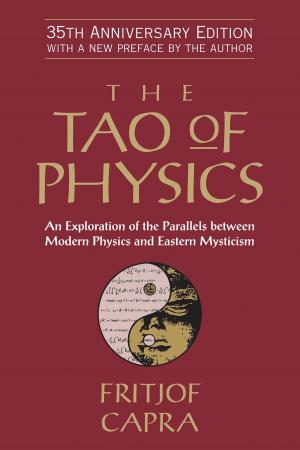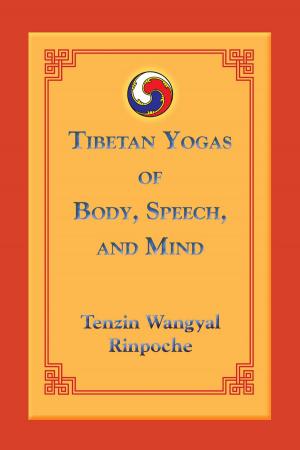A Garland of Views
A Guide to View, Meditation, and Result in the Nine Vehicles
Nonfiction, Religion & Spirituality, Eastern Religions, Buddhism| Author: | Padmasambhava, Jamgon Mipham, The Padmakara Translation Group | ISBN: | 9780834840065 |
| Publisher: | Shambhala | Publication: | April 5, 2016 |
| Imprint: | Shambhala | Language: | English |
| Author: | Padmasambhava, Jamgon Mipham, The Padmakara Translation Group |
| ISBN: | 9780834840065 |
| Publisher: | Shambhala |
| Publication: | April 5, 2016 |
| Imprint: | Shambhala |
| Language: | English |
A Garland of Views presents both a concise commentary by the eighth-century Indian Buddhist master Padmasambhava on a chapter from the Guhyagarbha Tantra on the different Buddhist and non-Buddhist philosophical views, including the Great Perfection (Dzogchen), and an explicative commentary on Padmasambhava’s text by the nineteenth-century scholar Jamgön Mipham (1846–1912).
Padmasambhava’s text is a core text of the Nyingma tradition because it provides the basis for the system of nine vehicles (three sutra vehicles and six tantra vehicles) that subsequently became the accepted way of classifying the different Buddhist paths in the Nyingma tradition.
Mipham’s commentary is the one most commonly used to explain Padmasambhava’s teaching. Mipham is well known for his prolific, lucid, and original writings on many subjects, including science, medicine, and philosophy, in addition to Tibetan Buddhist practice and theory.
A Garland of Views presents both a concise commentary by the eighth-century Indian Buddhist master Padmasambhava on a chapter from the Guhyagarbha Tantra on the different Buddhist and non-Buddhist philosophical views, including the Great Perfection (Dzogchen), and an explicative commentary on Padmasambhava’s text by the nineteenth-century scholar Jamgön Mipham (1846–1912).
Padmasambhava’s text is a core text of the Nyingma tradition because it provides the basis for the system of nine vehicles (three sutra vehicles and six tantra vehicles) that subsequently became the accepted way of classifying the different Buddhist paths in the Nyingma tradition.
Mipham’s commentary is the one most commonly used to explain Padmasambhava’s teaching. Mipham is well known for his prolific, lucid, and original writings on many subjects, including science, medicine, and philosophy, in addition to Tibetan Buddhist practice and theory.















